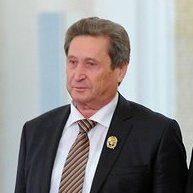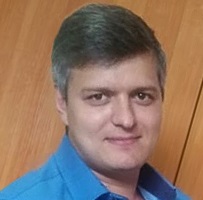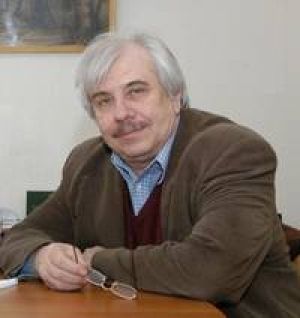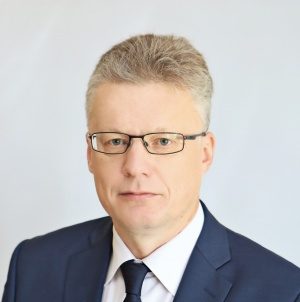Symposium “Evolutionary, population and medical genomics/genetics of human: computational and experimental approaches”
Section “Population and evolutionary human genomics/genetics”
Within the framework of the section issues related to various aspects of human origin and evolution will be considered, which is one of the “hot spots” of modern sciences. This direction is distinguished by a pronounced interdisciplinary nature, when the main research is carried out at the intersection of several scientific disciplines, such as genetics, archeology, anthropology, linguistics and many others. In recent decades, the intensive development of the science of human evolution is associated with the spread of paleogenetics and paleogenomics methods, which make it possible to directly analyze the genetic diversity of ancient people of different ages, to directly correlate genetic, archaeological and anthropological data on the studied ancient human populations to reconstruct various stages and aspects of their evolution. Groups conducting multidisciplinary research using a paleogenetic approach, aimed at reconstructing the evolutionary history of humans in a broad sense – from the early stages of the emergence of people and their settlement on the planet to the later stages of the formation of the composition of modern populations, are invited to participate in the work of the section.
Section will consider the results of studies of the genetic structure and genetic history of human populations based on data from the analysis of mitochondrial DNA, Y-chromosome, nuclear genome, epigenome, transcriptome and human metagenome, as well as research in the field of archaeogenetics, paleogenetics and anthropogenetics.
 |
 |
 |
| Anatoly Derevianko, Institute of Archaeology and Ethnography, Novosibirsk, Russia |
Vyacheslav Molodin, Institute of Archaeology and Ethnography, Novosibirsk, Russia |
Aleksandr Pilipenko, Institute of Cytology and Genetics of SB RAS, Novosibirsk, Russia |
 |
 |
|
| Elza Khusnutdinova, Institute of Biochemistry and Genetics, Ufa Federal Research Centre of the Russian Academy of Sciences, Ufa, Russia |
Nick Yankovsky, Vavilov Institute of General Genetics of RAS, Moscow, Russia |
Section “Human medical genomics/genetics”
Section “Human medical genomics/genetics” within the framework of the symposium “Evolutionary, population and medical genomics/genetics of human: computational and experimental approaches” will be devoted to modern achievements and new knowledge in the field of medical genetics and human genomics. The section will consider problems of molecular diagnostics, therapy and epidemiology of hereditary diseases; issues of functional genomics and modeling of genetic processes and hereditary human diseases; multi-omics approaches in the study of the hereditary components of multifactorial diseases; issues of genetics and genomics of human ontogenesis.
 |
 |
| Vadim Stepanov, Tomsk National Research Medical Center of the RAS, Tomsk, Russia |
Evgeny Rogaev, Sirius University, Sochi, Russia |
Section “Genome-wide association studies”
 |
GWAS (Genome-Wide Association Study) is a method used in genetics research to identify genetic variations associated with a particular trait or disease. In this section of the conference, researchers will likely present their findings from GWAS studies, highlighting significant genetic markers and potential insights into the underlying genetic mechanisms of complex traits. The presentation may include details on the study design, statistical methods employed, identified genetic loci, and implications for understanding the genetic basis of the trait or disease under investigation. Additionally, researchers may discuss the potential applications of GWAS findings in personalized medicine, drug development, and disease prevention strategies. |
| Anna Timoshchuk, Lomonosov Moscow State University, Moscow, Russia |

